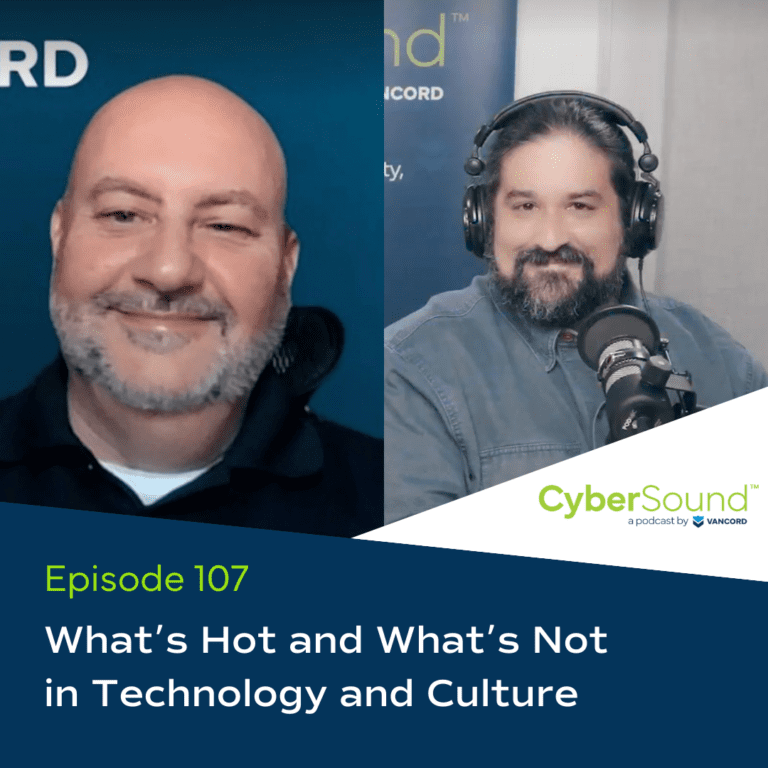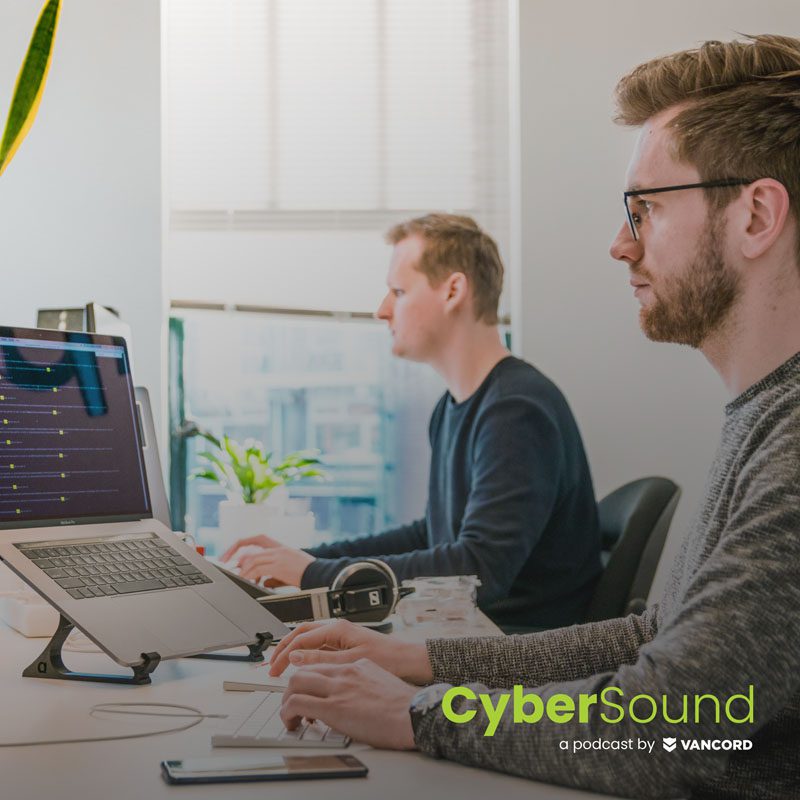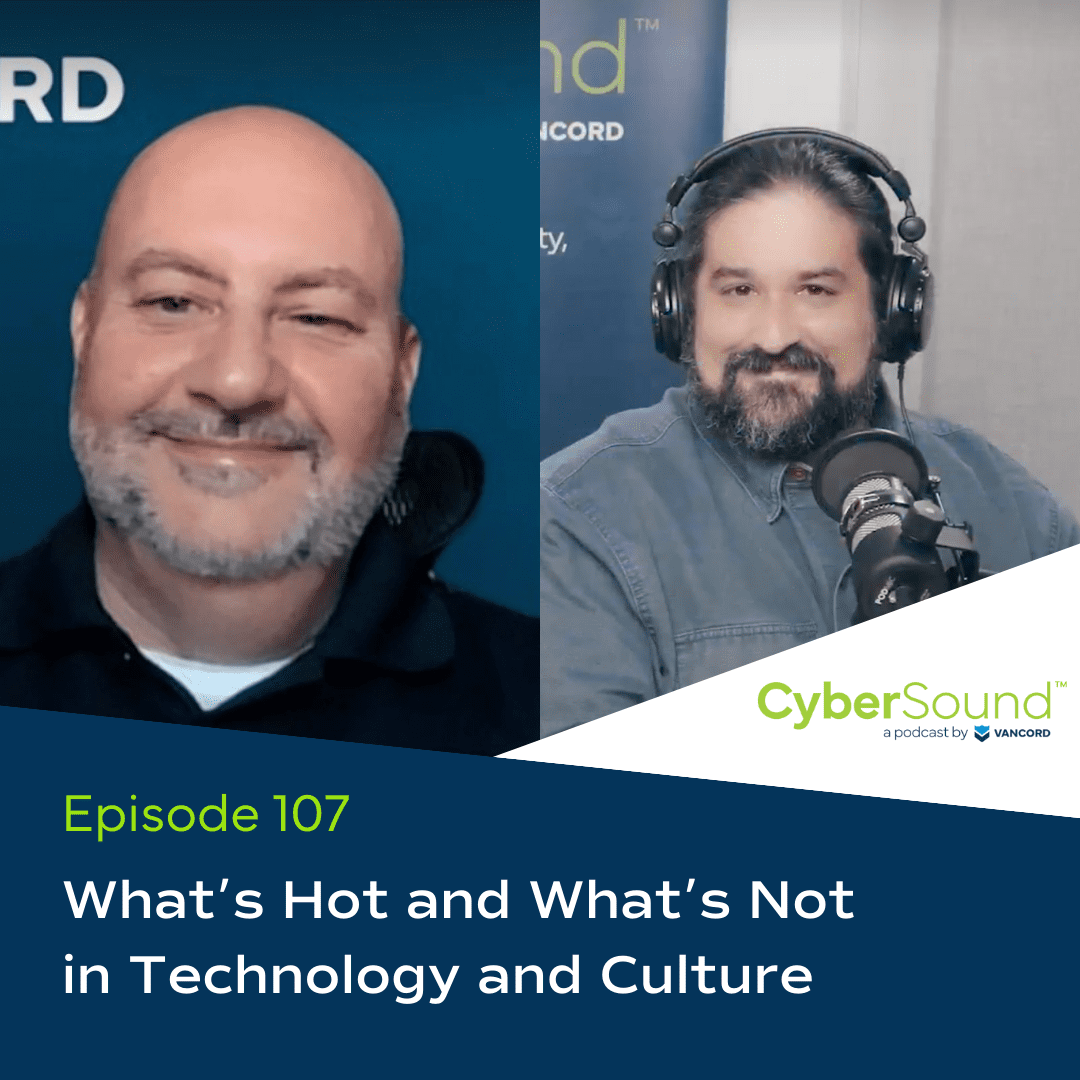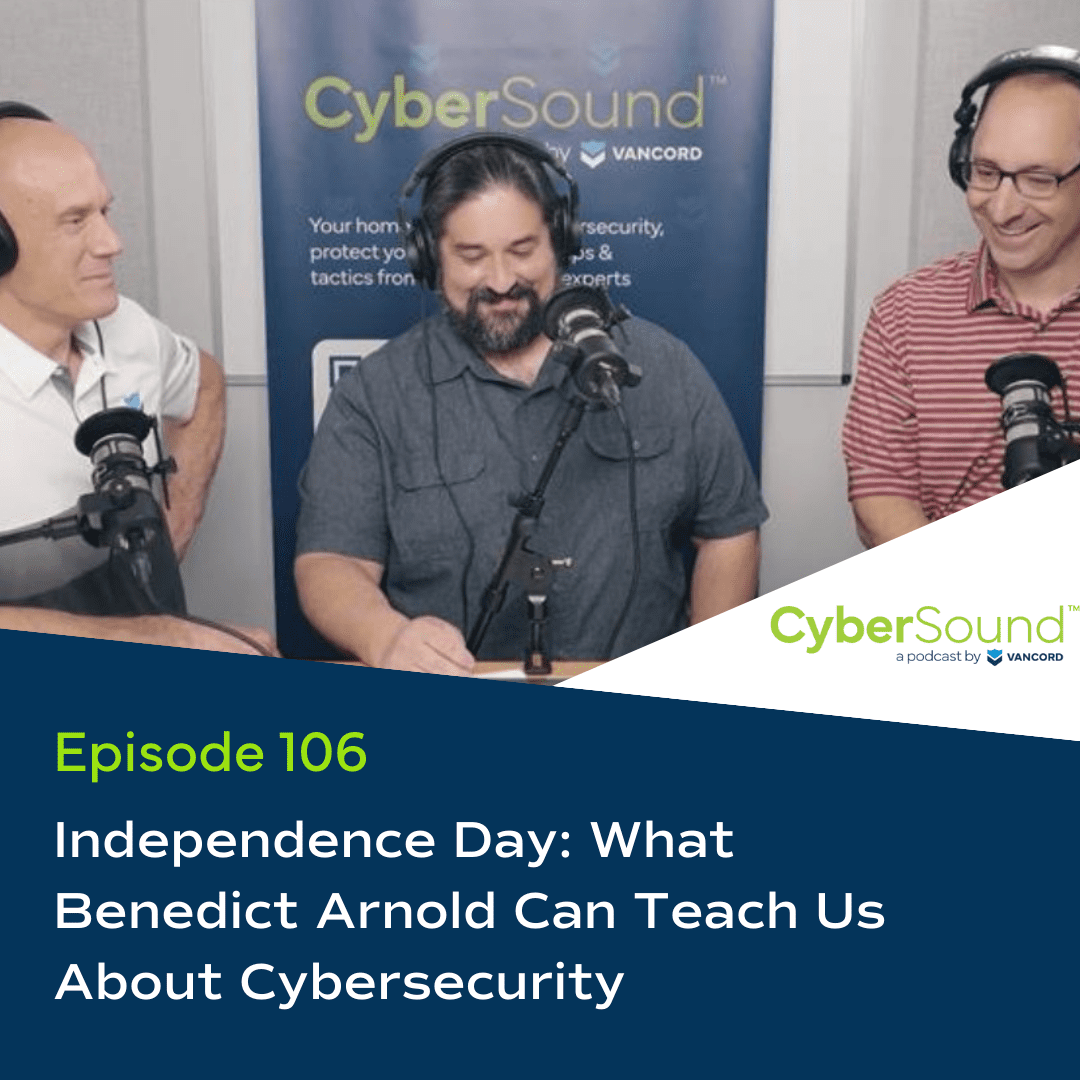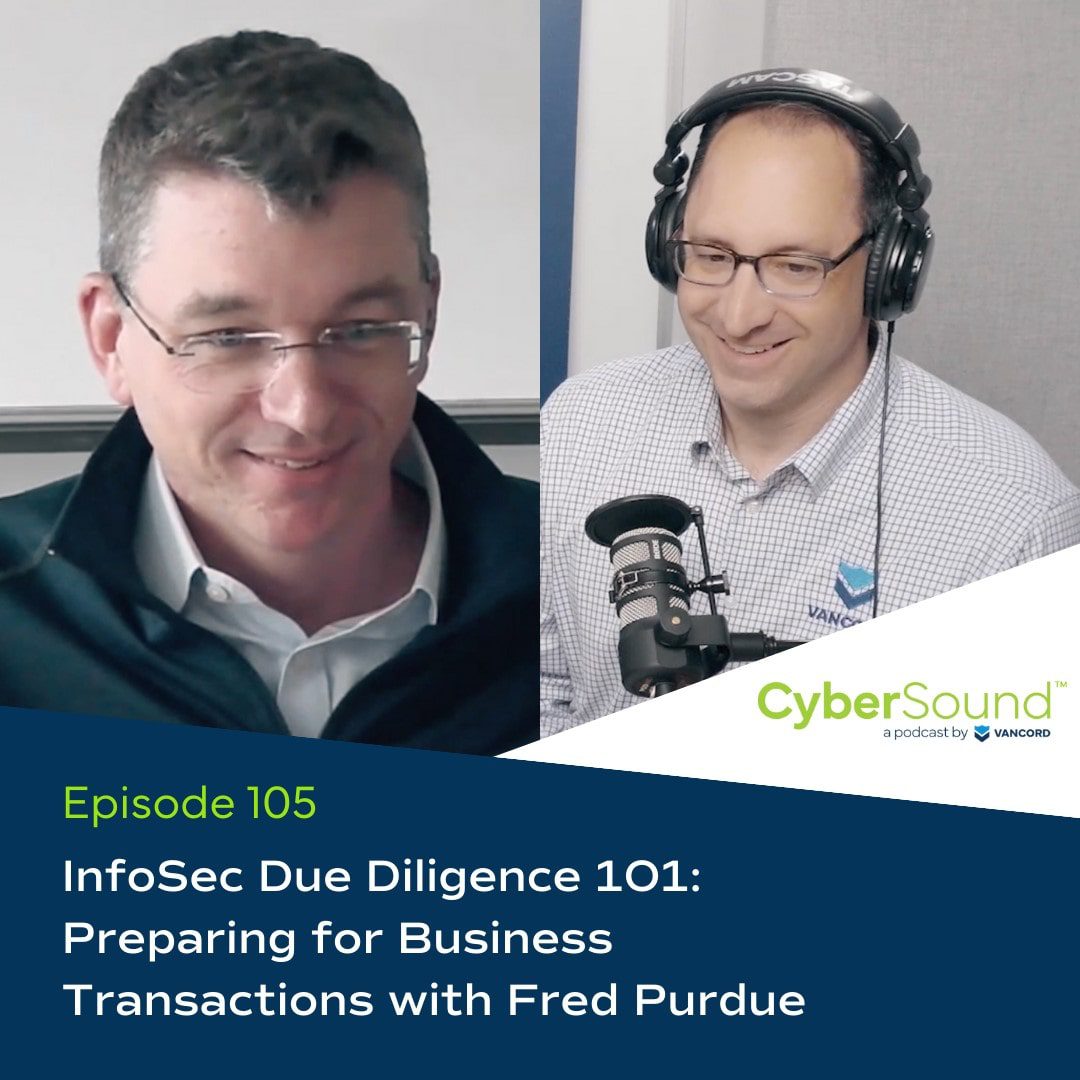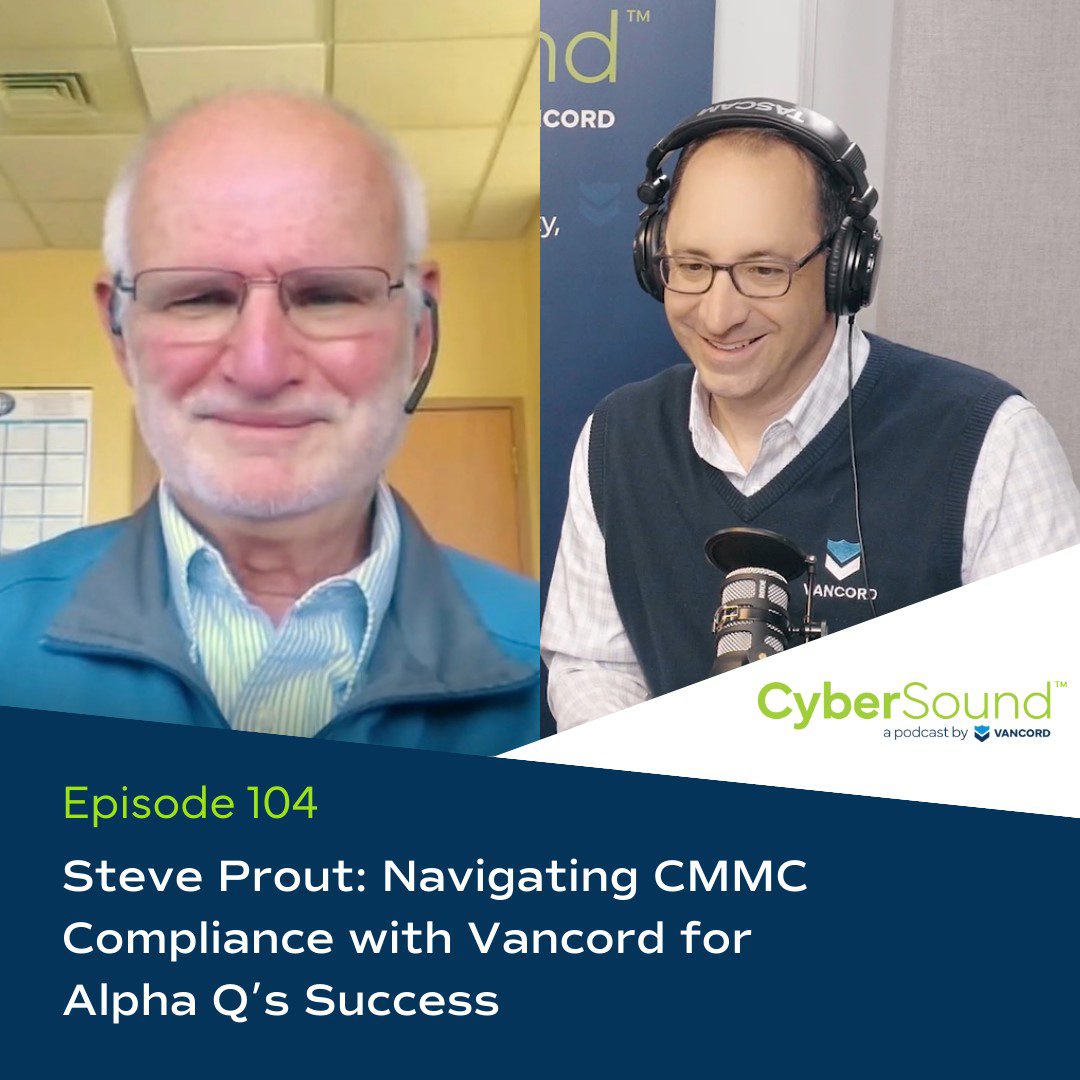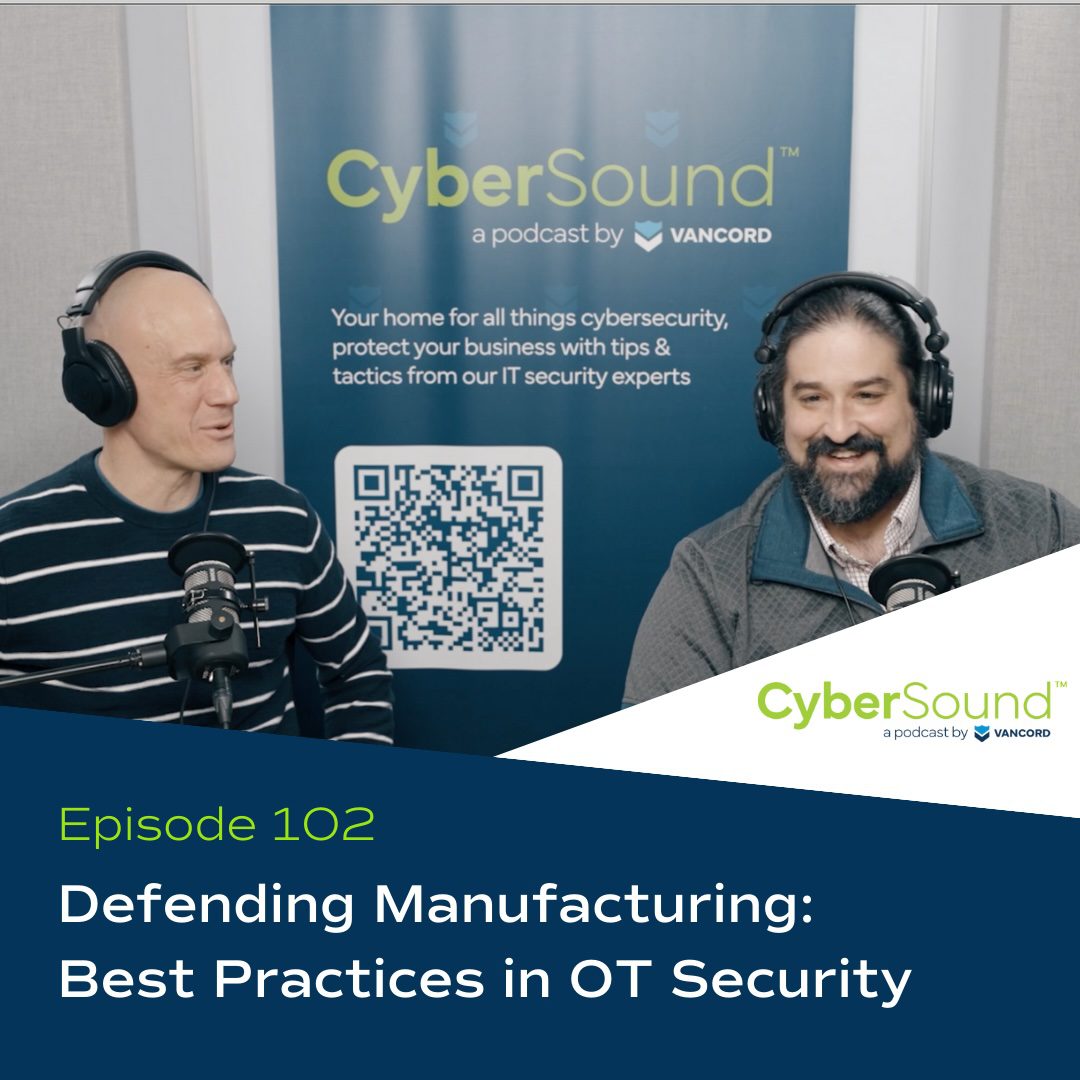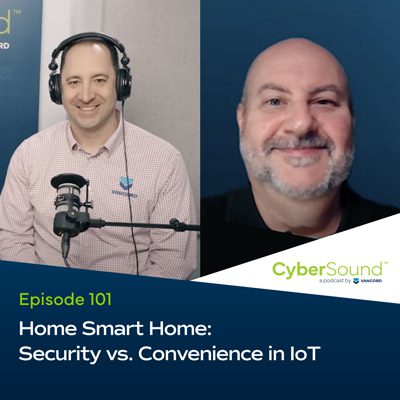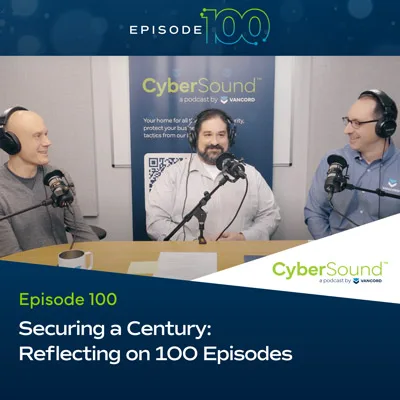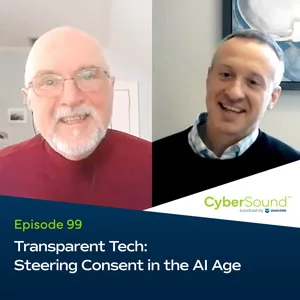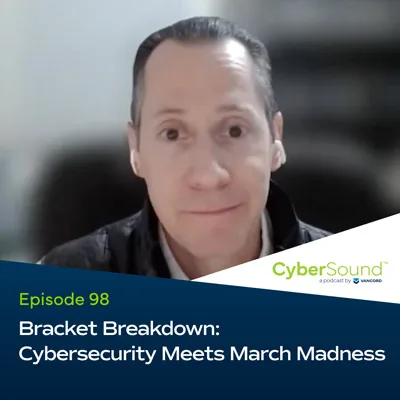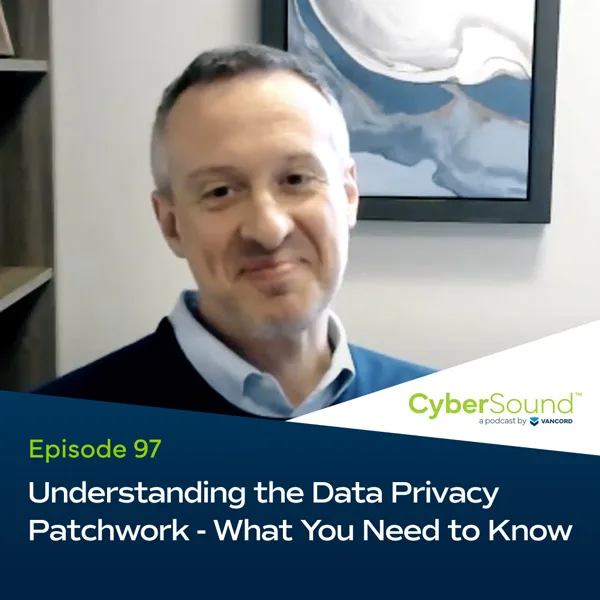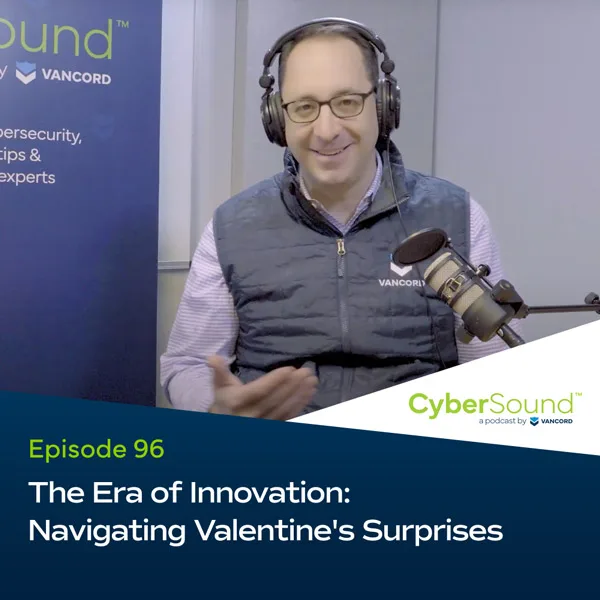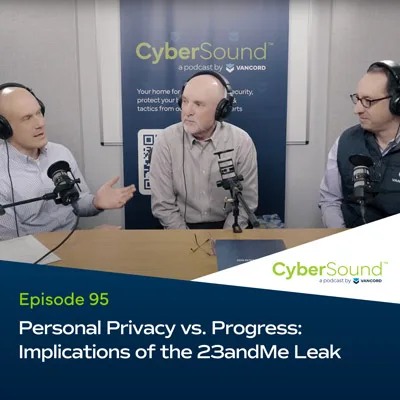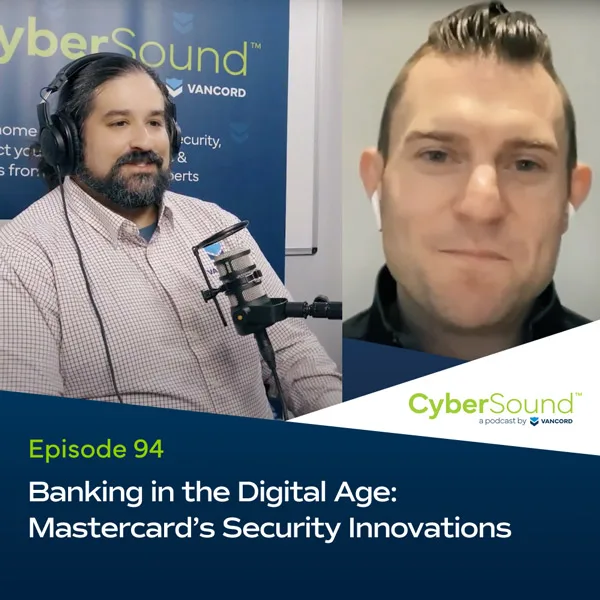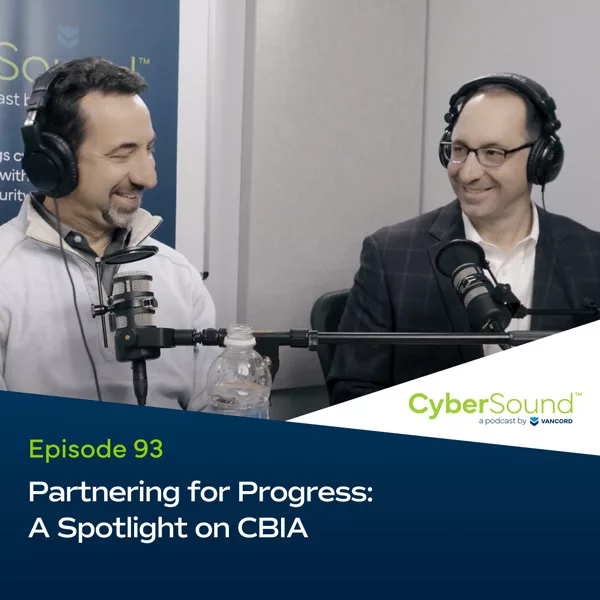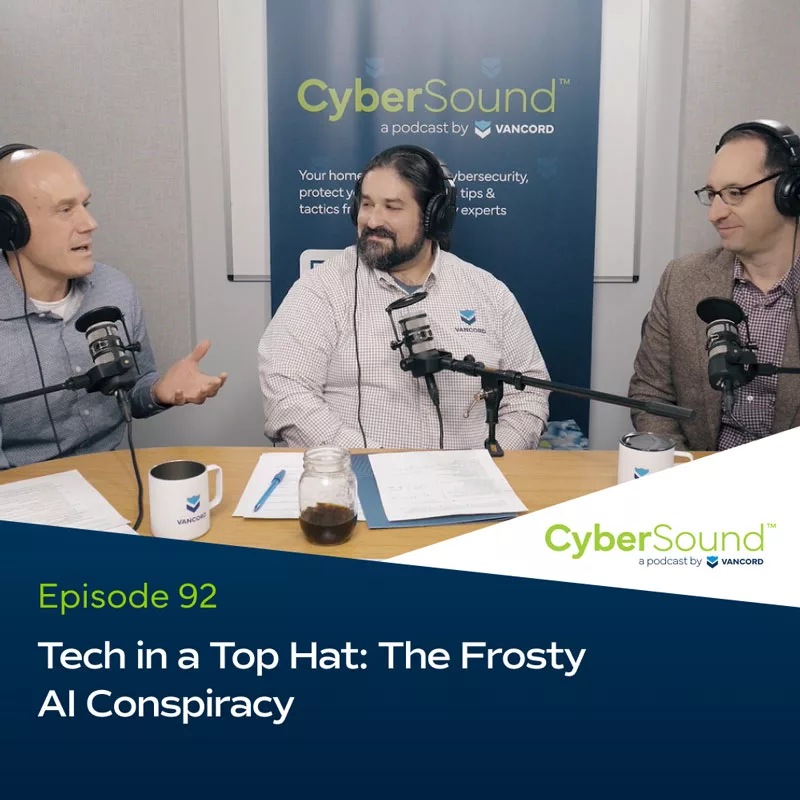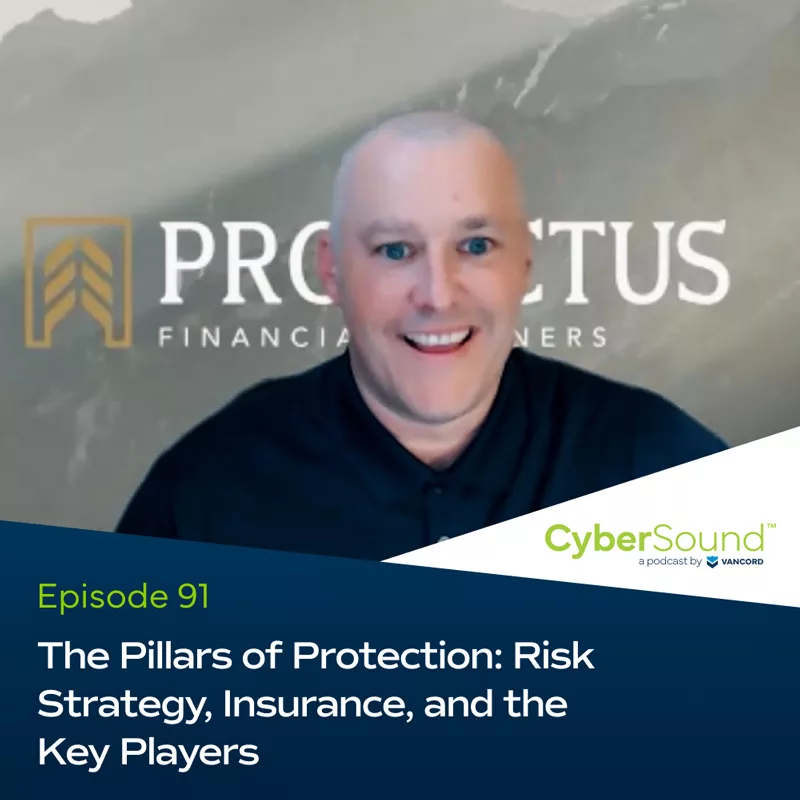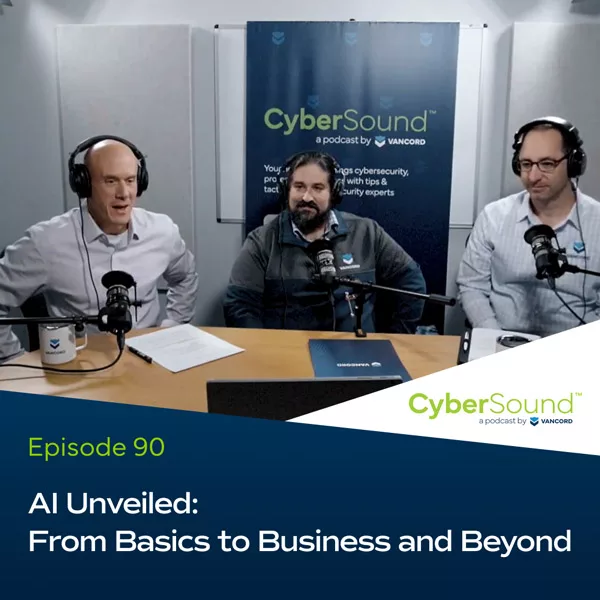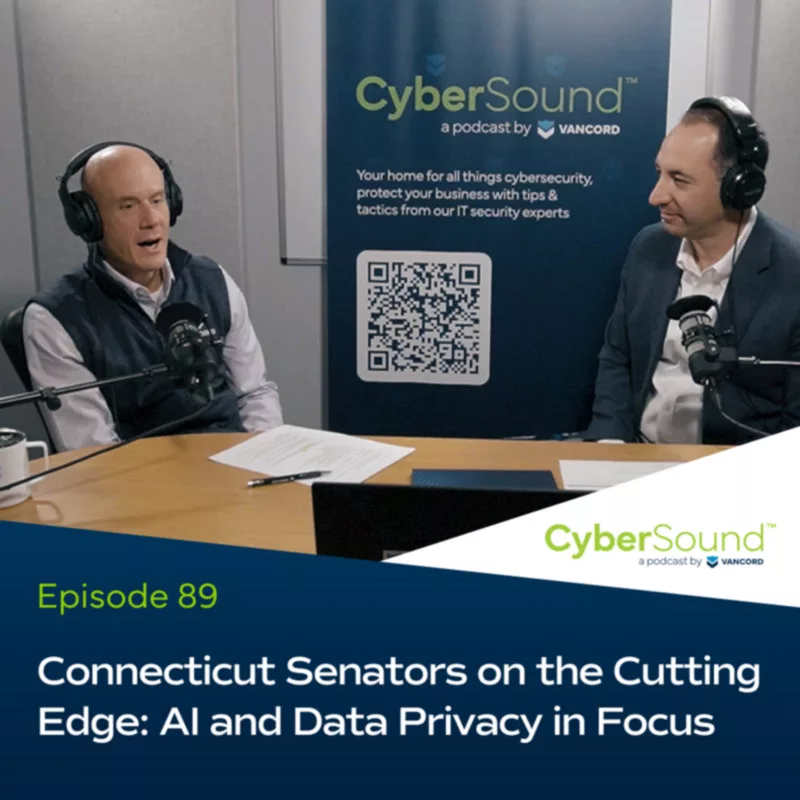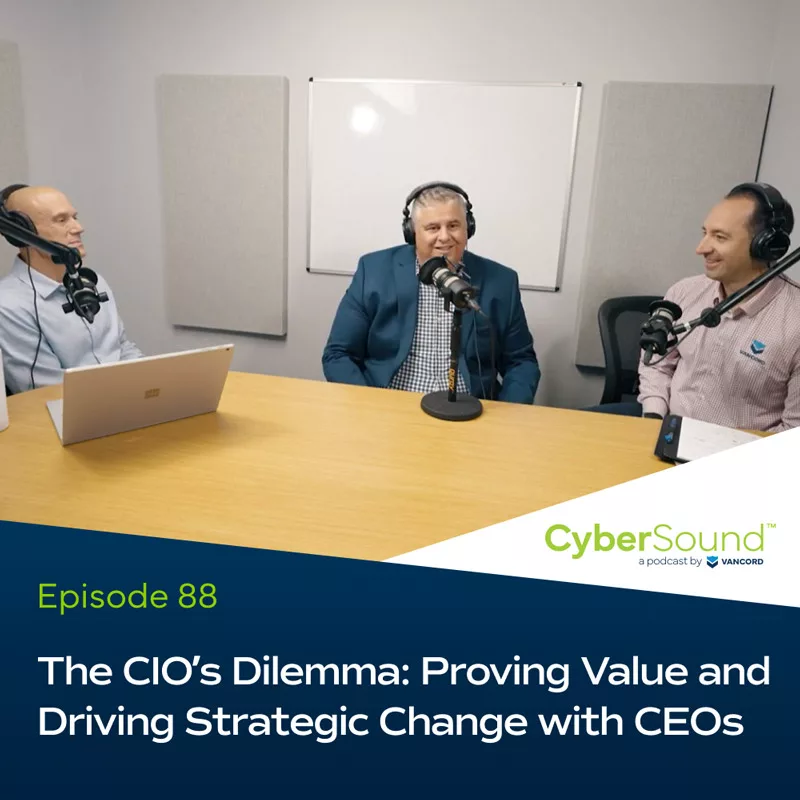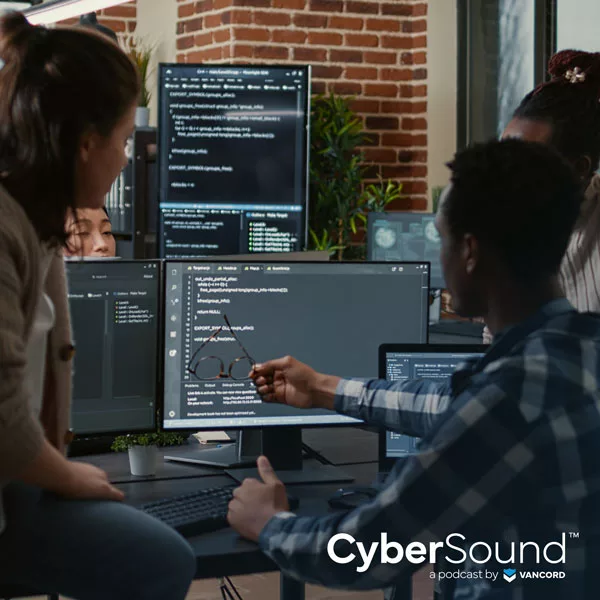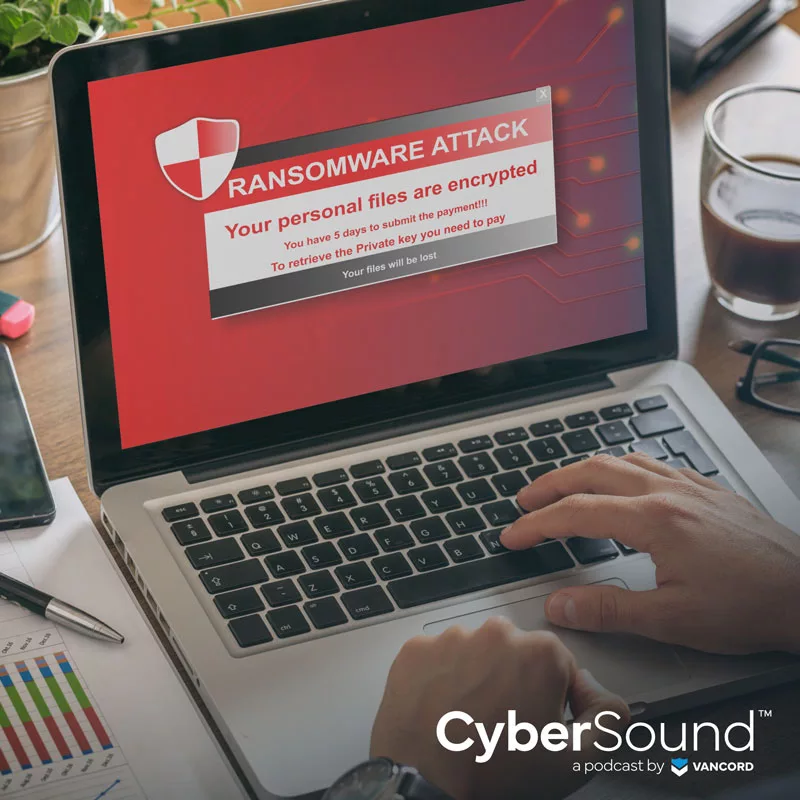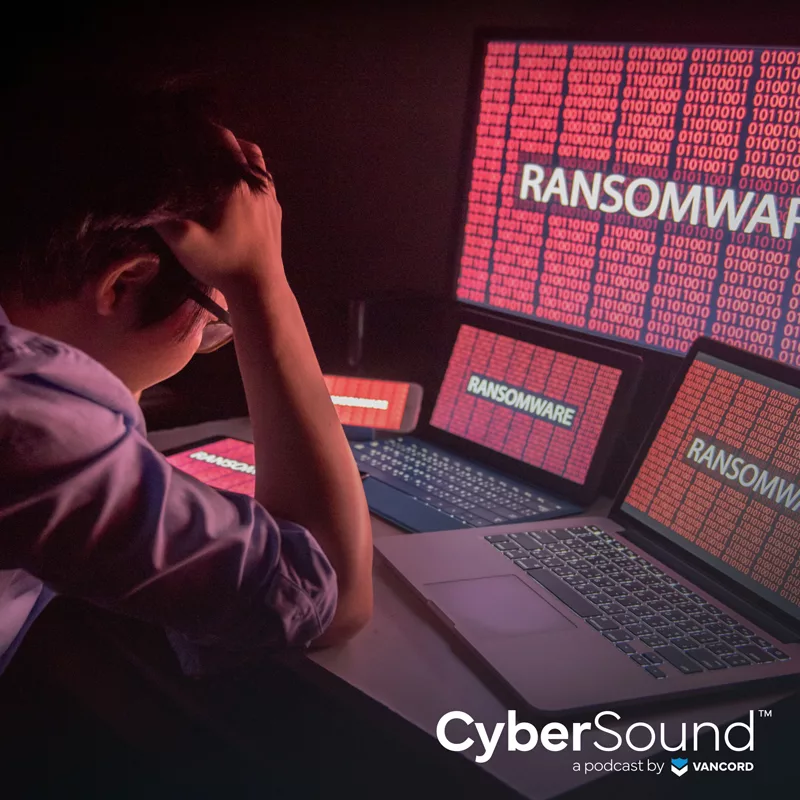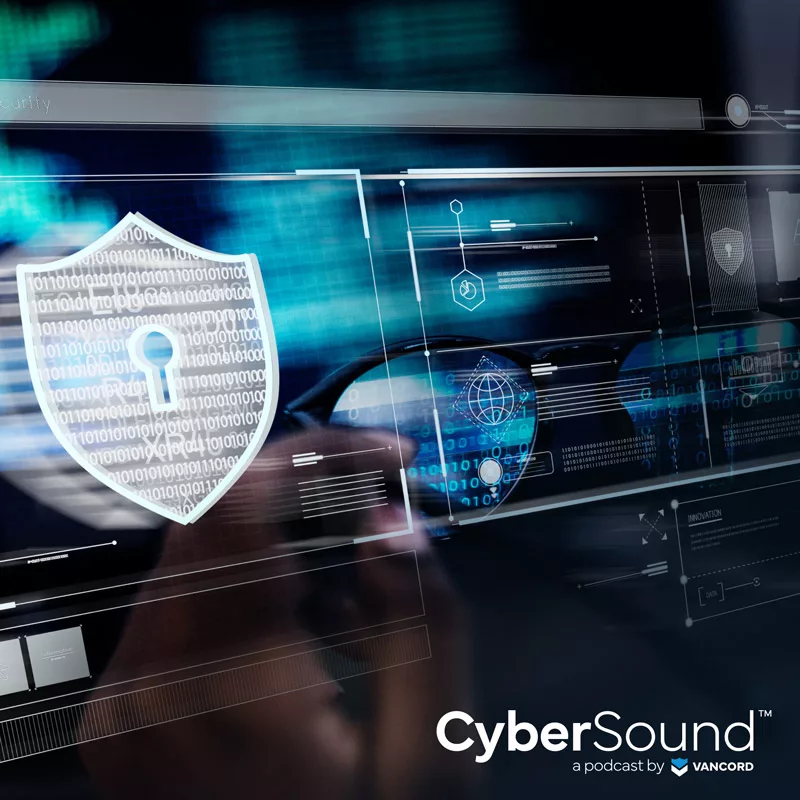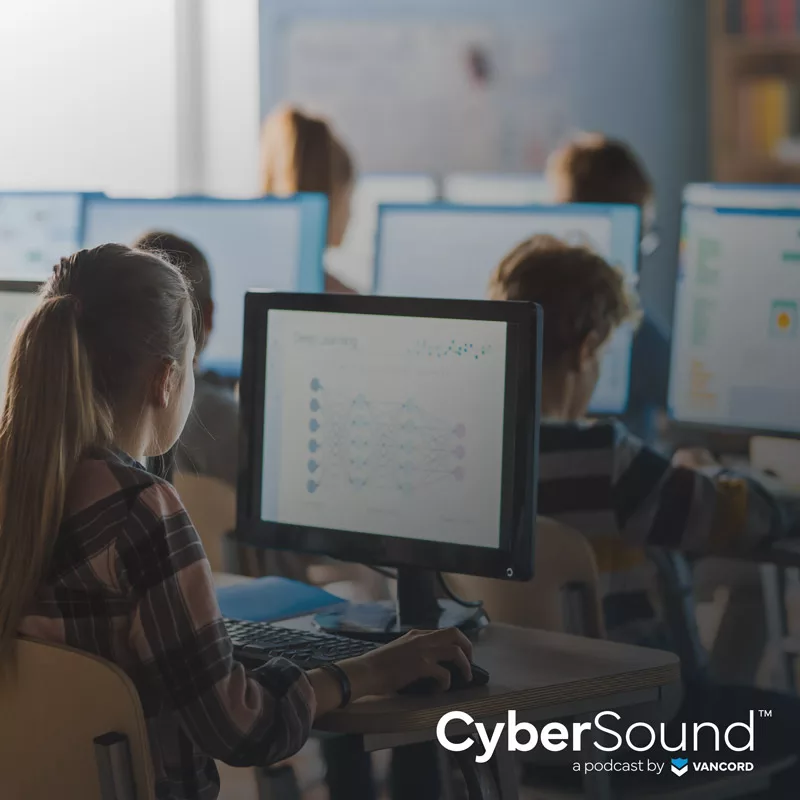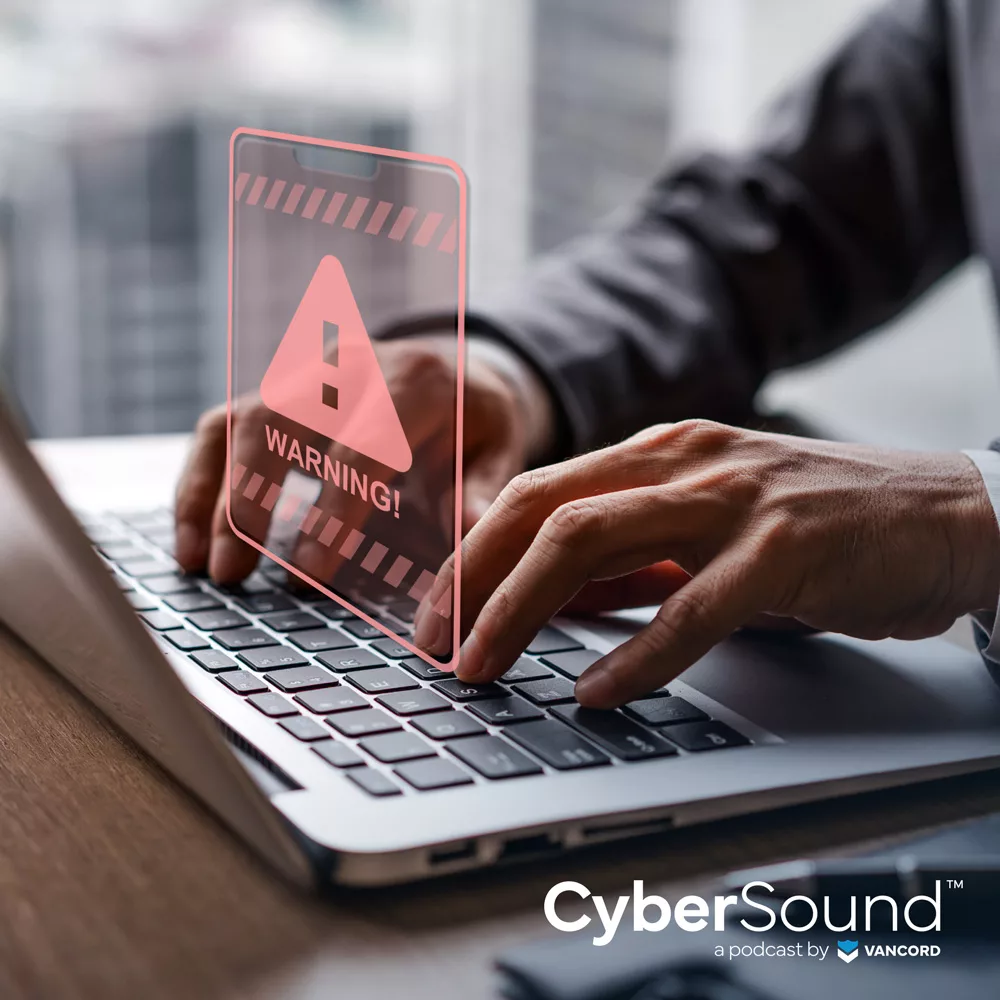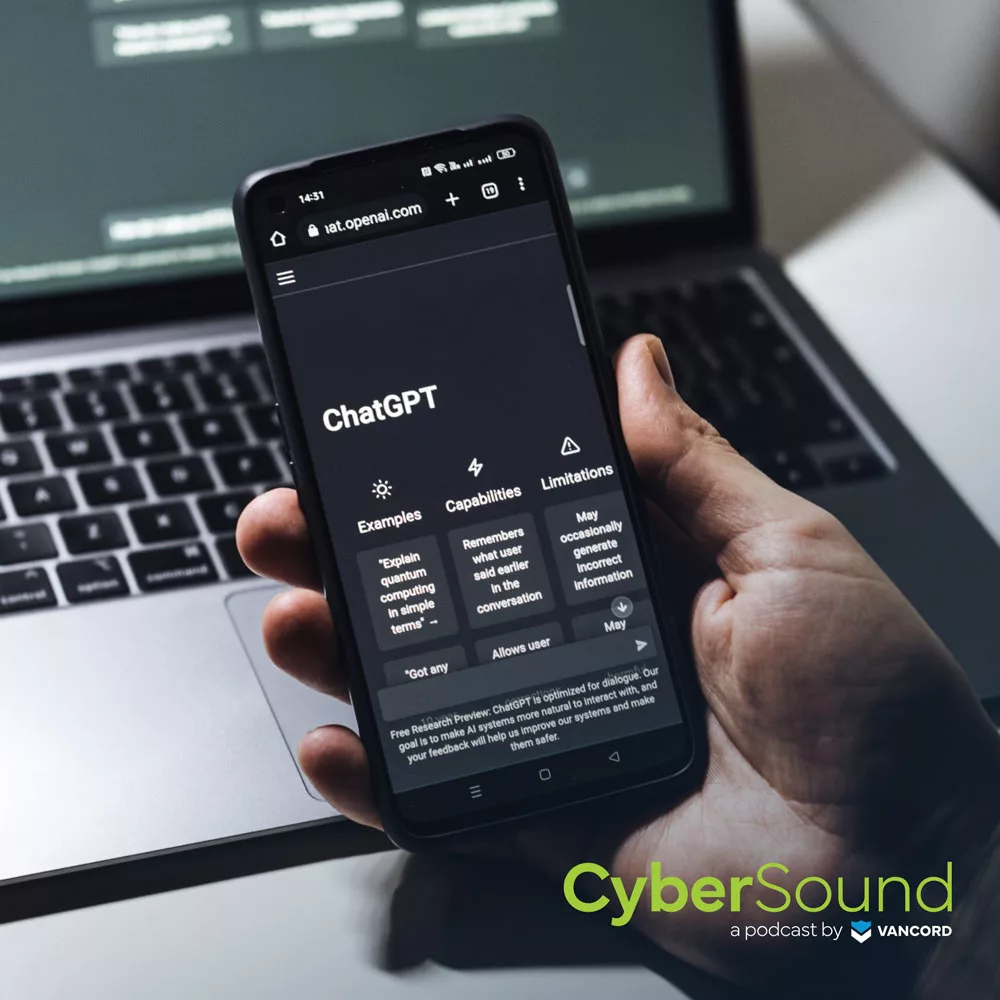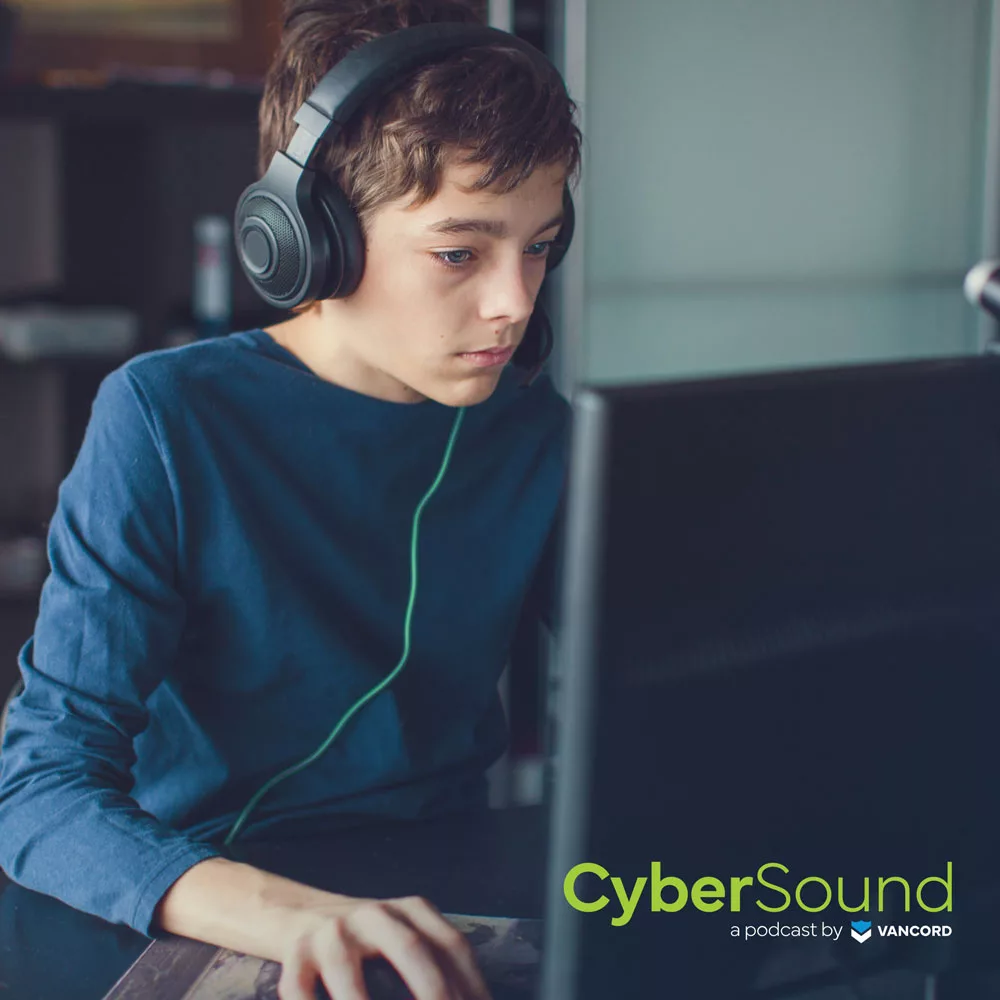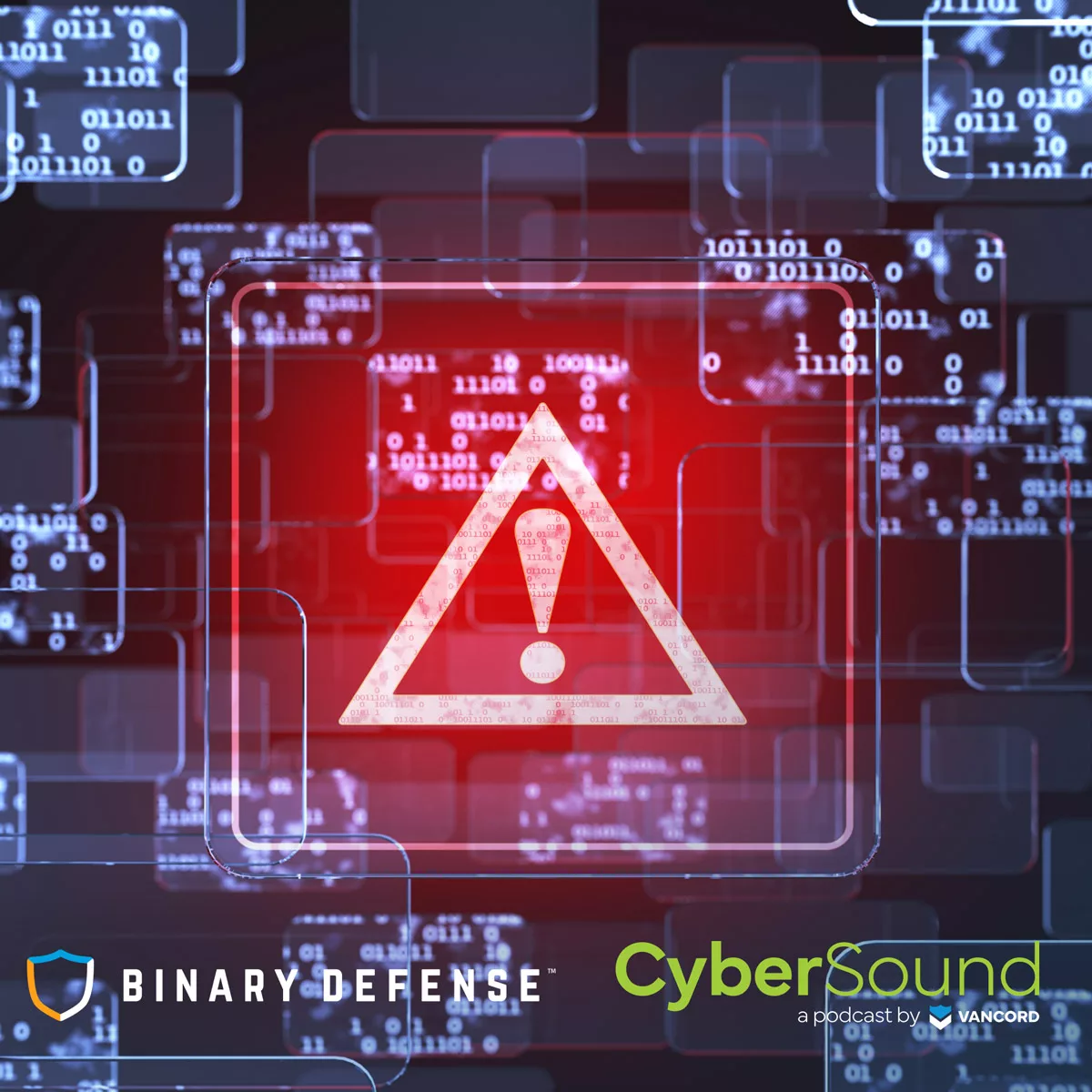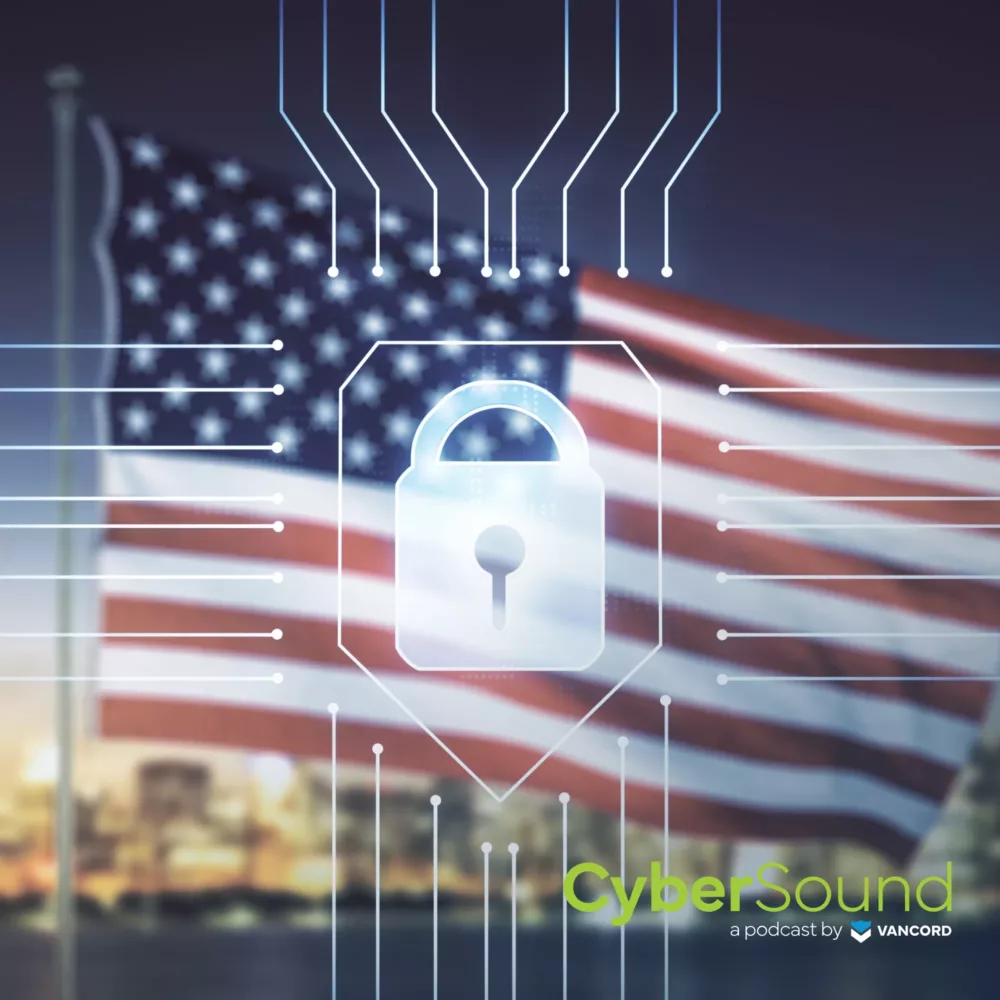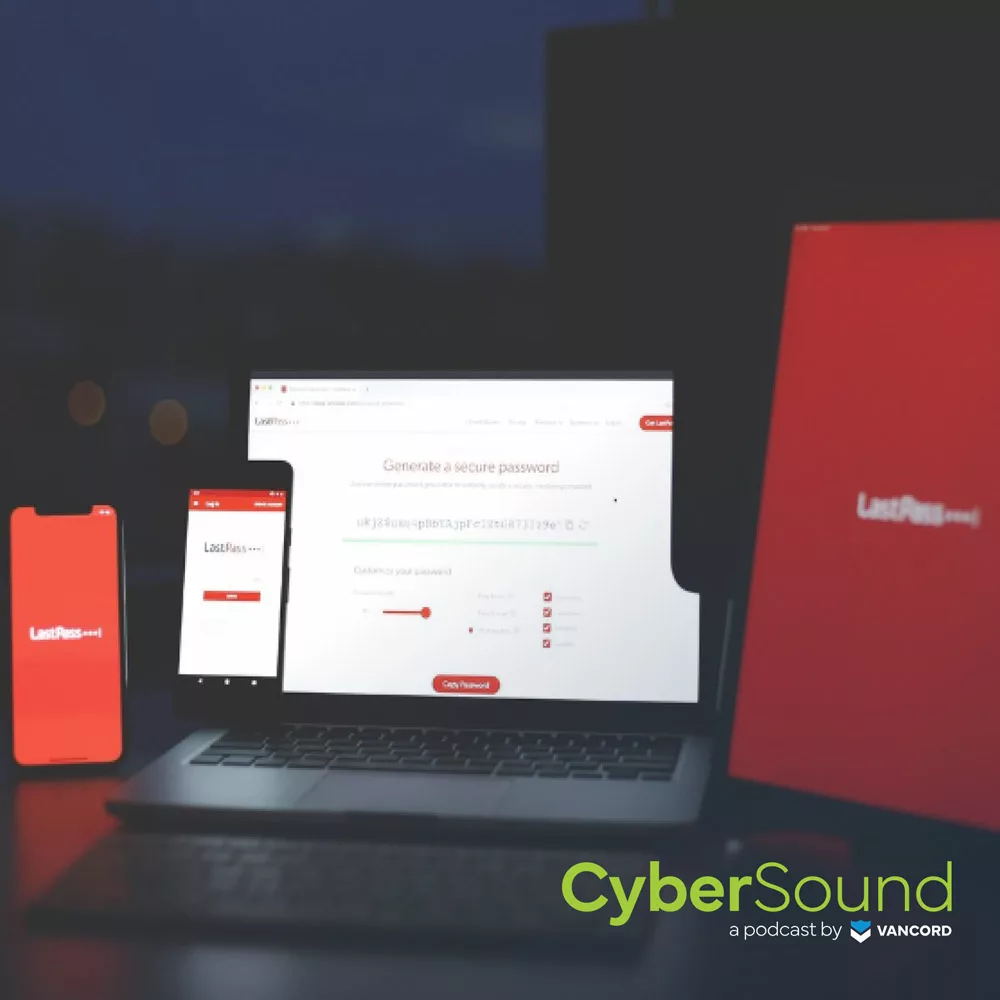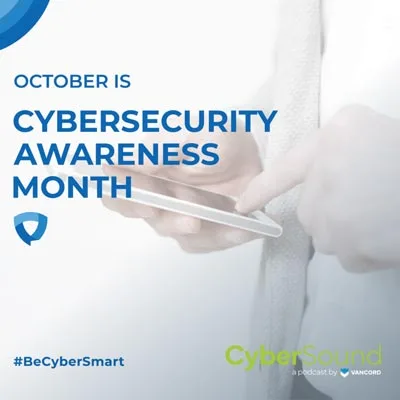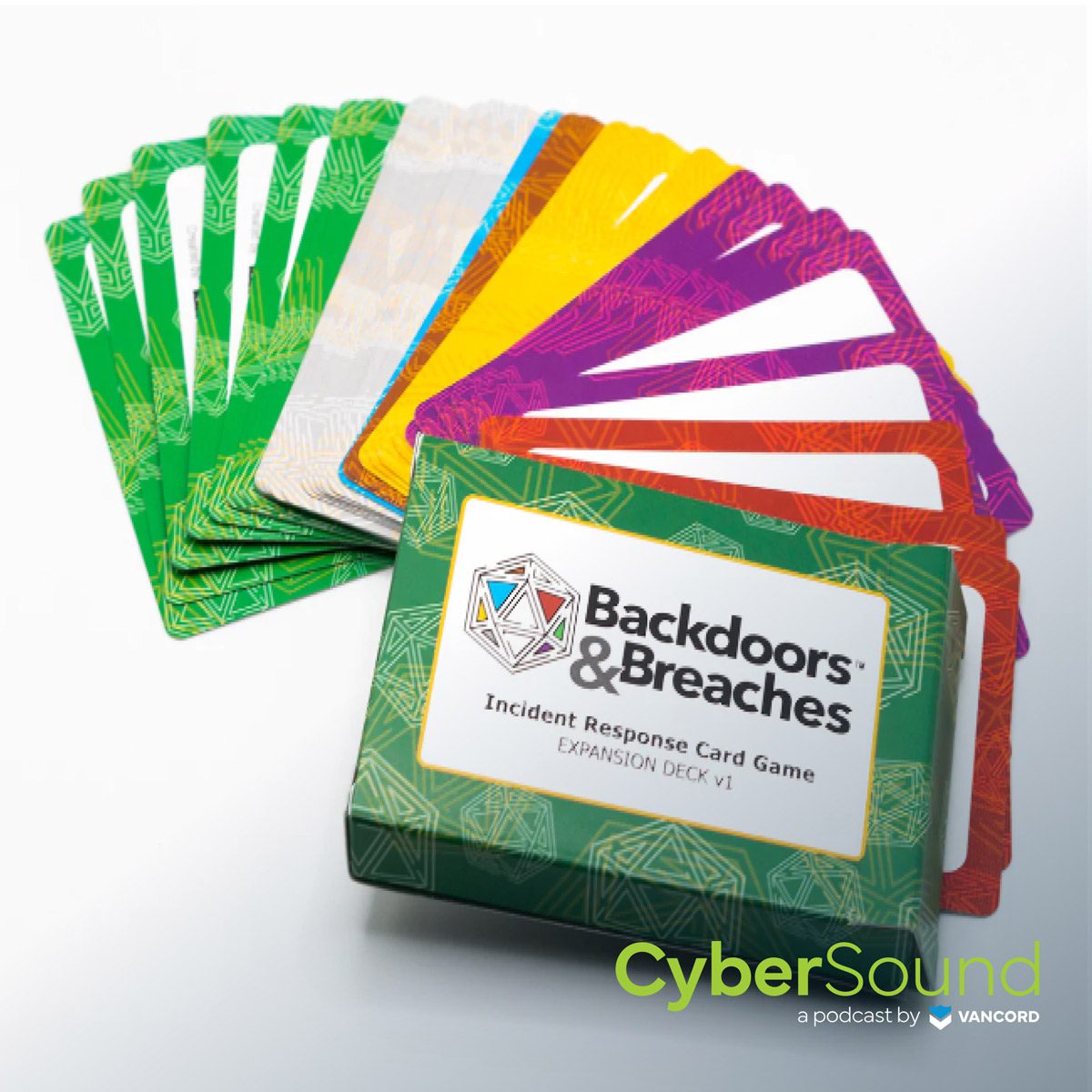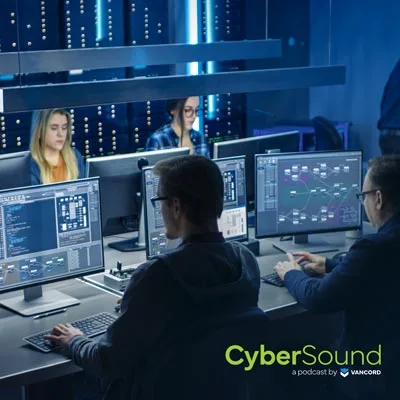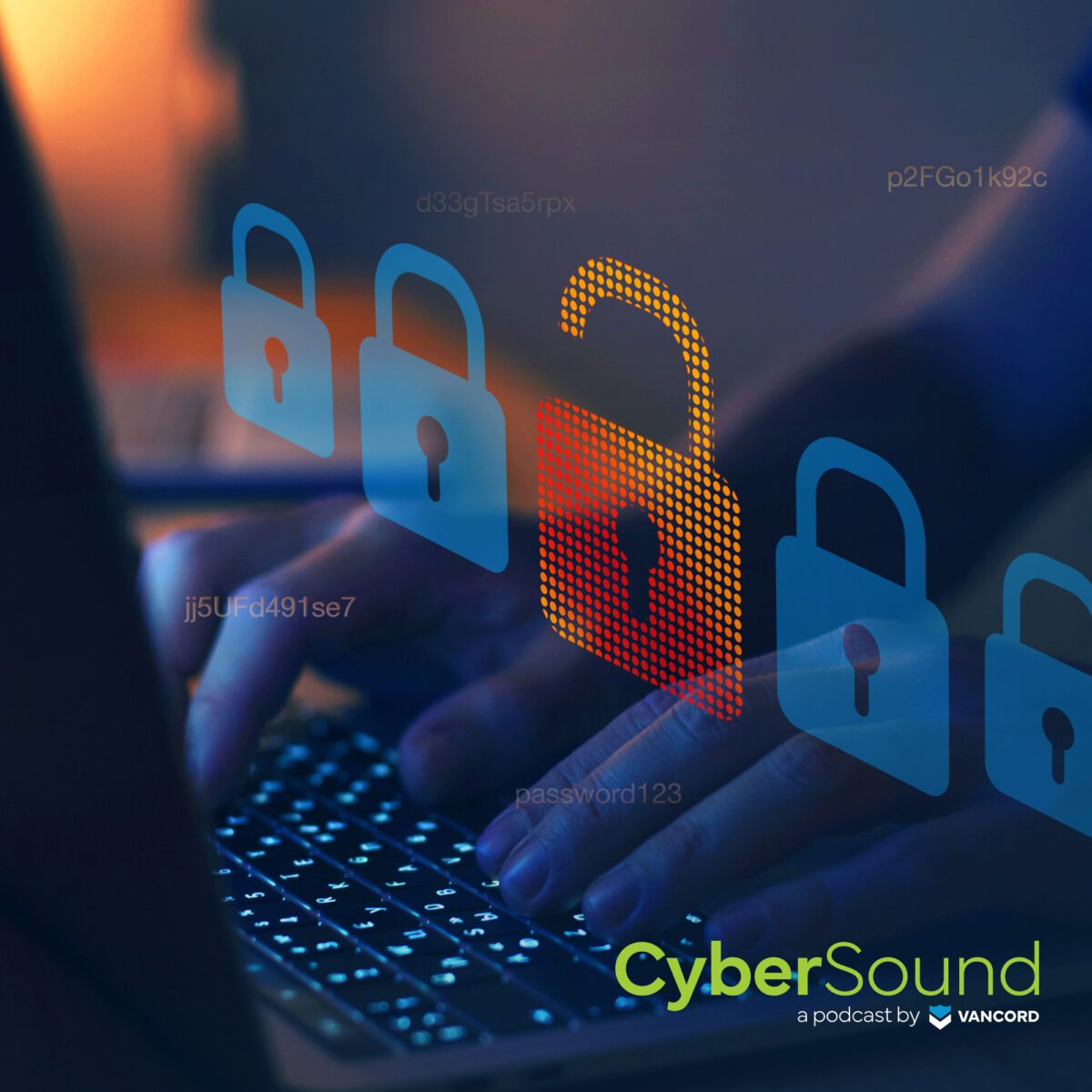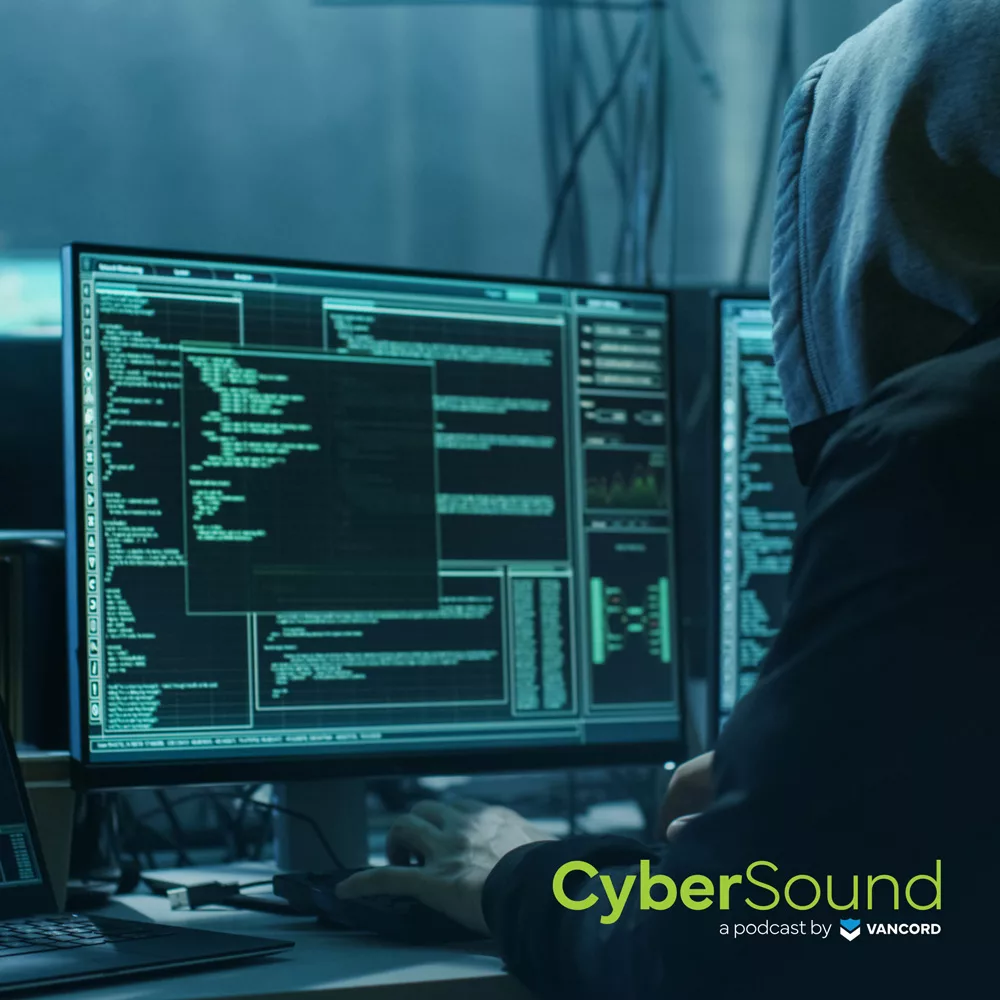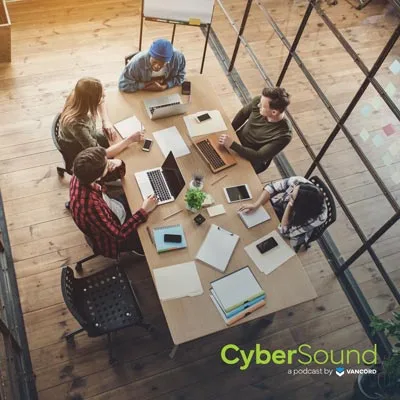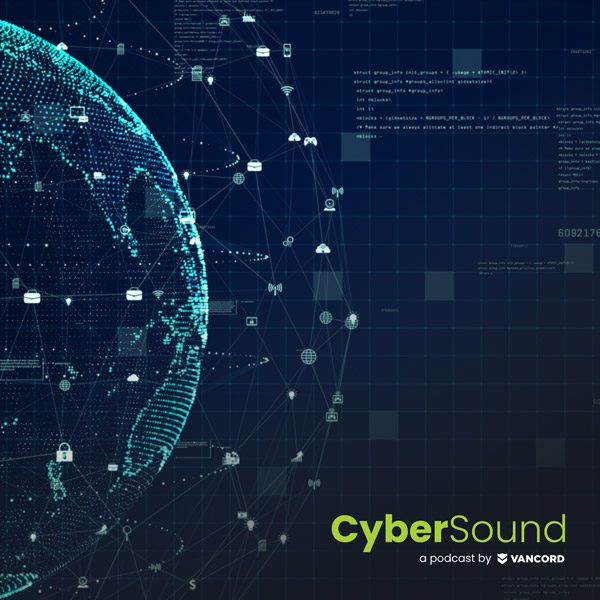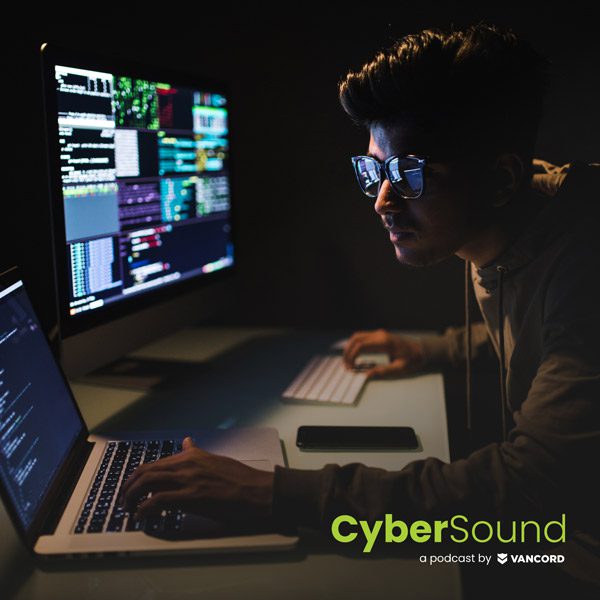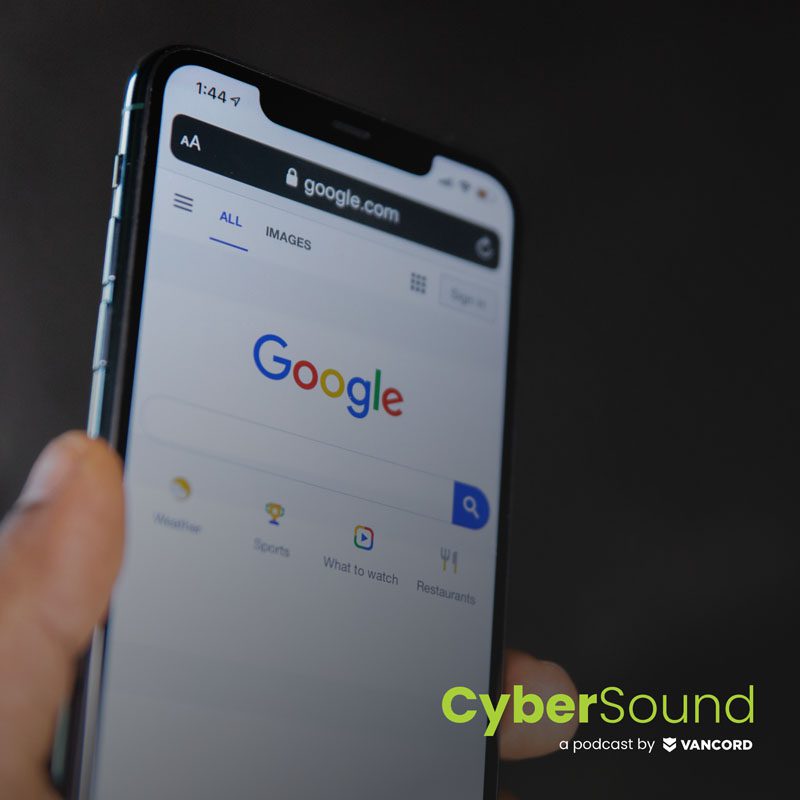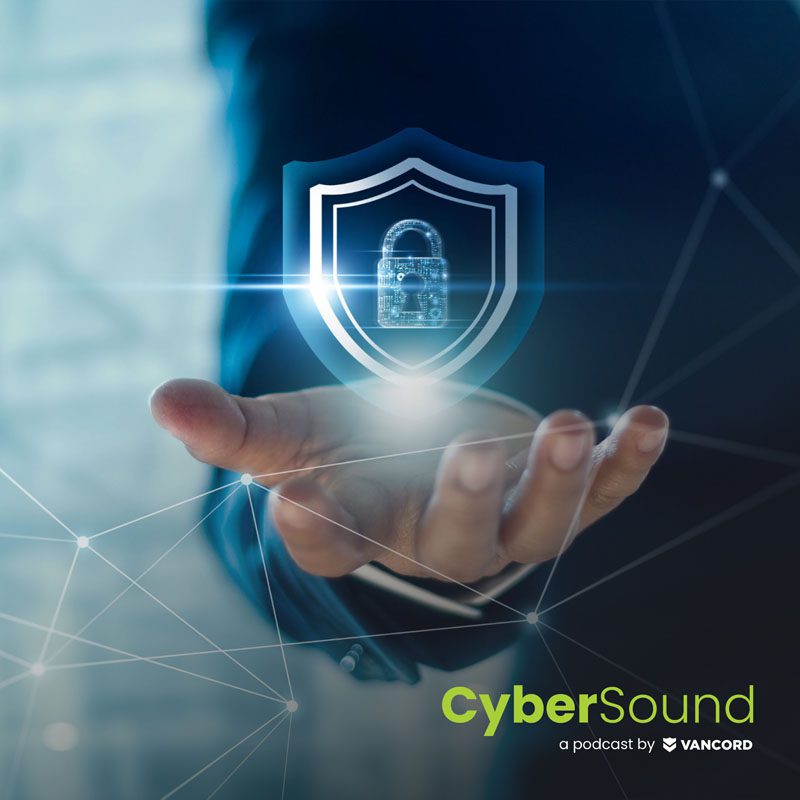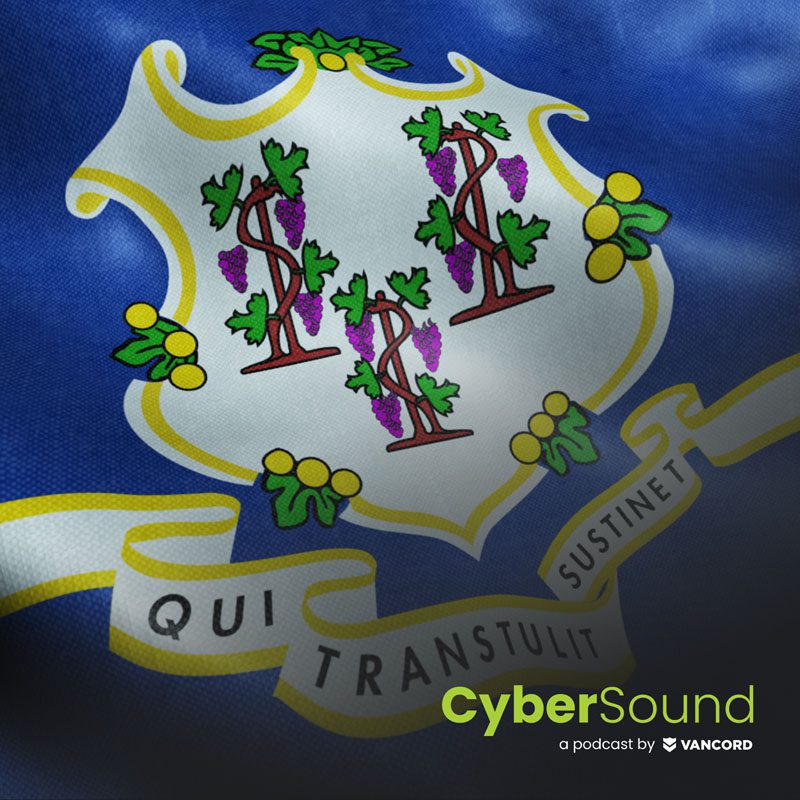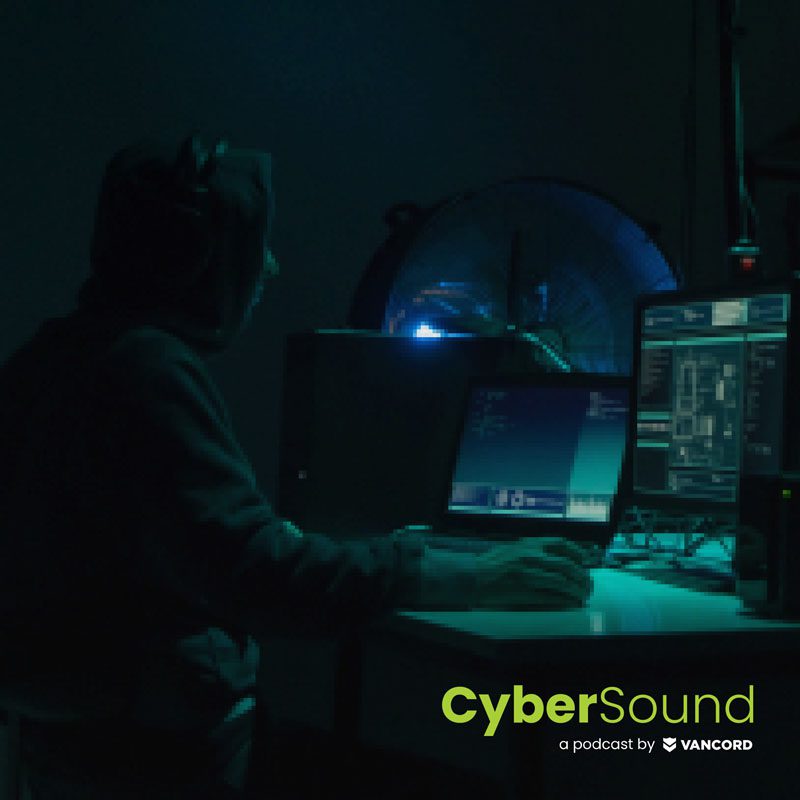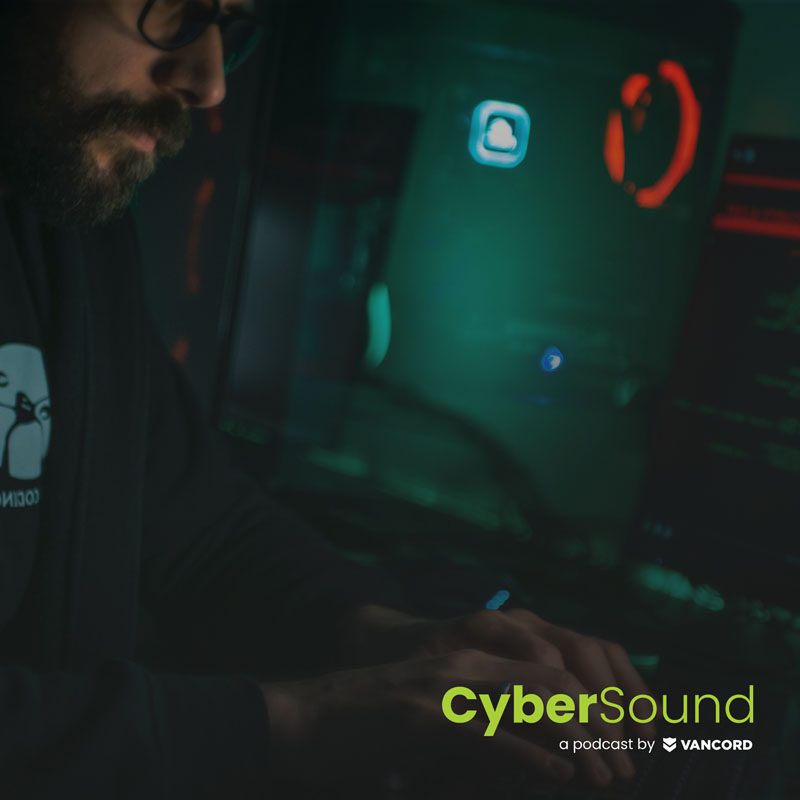[00:00:39.600] – Jason
Pat, thanks for joining. I appreciate your time today.
[00:00:42.100] – Patrick
No, thanks for having me. This is going to be fun.
[00:00:44.800] – Jason
So let’s just start out right away with what is the center for Cyber Safety and Education.
[00:00:50.820] – Patrick
Great. Yeah, we’re a nonprofit, the 501(c)(3). We happen to be headquartered in Clearwater, Florida, but our programs are used internationally and we are really focused on education, which is a big part of what we do. We teach people how to be safe online, and all of our programs are put together by the certified cyber security professionals on (ISC)2 who help us develop content. So it’s high-quality content. So we’re doing programs for children, for parents, for seniors, all on how to be safe online, as well as we do college scholarships to help the next generation of cybersecurity professions.
[00:01:37.440] – Jason
So we certainly spend a lot of time here doing education, typically for employees or businesses. And that’s a hugely different community, let’s say than elementary school kids. Can you give us a sense of what-
[00:01:53.870] – Patrick
It’s probably not as different as you think.
[00:01:56.250] – Jason
The elementary kids probably pay more attention in some cases, I have a feeling. So how do you go about educating a group like that or you’re getting in front of them and making the content meaningful?
[00:02:08.930] – Patrick
Depending upon the age group that we’re dealing with, middle school, high school, parents, senior citizens. Those are all volunteer-led PowerPoint-style presentations that are done in group settings or done through Zoom or some other type of format like that. For the younger children, the elementary school children, we have a program that we use Garfield. We have the exclusive rights to Garfield, that big, orange, lasagna-loving cat. And we have worked with Jim Davis over the past six years of creating cartoons and comic books and posters and stickers and trading cards.
[00:02:50.780] – Patrick
All as a fun way to engage younger children on how to be safe online, because we did some research and found that 40 percent of elementary school children have already chatted with a stranger online. That’s 40 percent of elementary school kids, not high school, but they’re really starting younger and younger, and we knew we had to come up with a better way to reach them than PowerPoints, right, that we all fall asleep during was just not the way to do a second-grader. So we came up with something different, and it’s been great.
[00:03:24.030] – Patrick
One, for educational awards, and it’s being used around the world.
[00:03:30.090] – Patrick
And, Pat, we’ve talked about how a lot of our clients’ organizations are in that K12 space and the elementary schools. Is there a sweet spot in the elementary level where you see a lot more traction, especially with the Garfield approach and the cartoons? Reading through some of your literature, it seemed right in that third and fourth grade, so that important time as they evolve into more digital platforms and social media, it was having a greater impact.
[00:03:59.980] – Patrick
Yeah, I think everybody’s waking up that we have to start younger and younger, but we can’t wait until we’re in high school or even in middle school anymore. As I said, we’ve got the research of how young they are chatting with strangers online. The average child gets a phone by 10 now. And while you’re supposed to be 13 to be on social media again, our research shows that 50% of elementary school kids already have some profile on social media. So the kids are already online. We can’t wait.
[00:04:36.520] – Patrick
We can’t wait till they get older. And I think educators, I think parents are all beginning to realize, yeah, we’ve got to come up with something for the younger kids to begin teaching them the basics. You don’t have to teach them about Snapchat or TikTok or things like that. You have to teach them basic principles about what to share, what not to share, what is safe to post, what not to post, passwords, things like that is what we try to focus on. And the Garfield program focuses on that first through sixth grade is where we try to reach them.
[00:05:14.210] – Steven
And as part of the program for a Cyber Safety Day, in talking and looking through the literature, it’s pretty well a package for school districts or independent schools to be able to roll out to their staff and faculty and a lesson plan ready to go.
[00:05:30.560] – Patrick
Yeah, what we’ve done is we’ve taken the Garfield program and it’s designed for small groups. It’s not like PowerPoint where you put hundreds of people on it. This is designed for the classroom where a teacher or a volunteer, a library, and media specialists can put on the program for just a classroom, 30 children. And we’ve actually put together a box, a kit that has everything that the teacher needs to teach that lesson. And there are three different lessons available. One on Privacy, one on safe posting, and one on cyberbullying.
[00:06:04.830] – Patrick
And so it has everything the teacher needs for 30 students. It has the Garfield cartoon. It has 30 comic books. It has 30 stickers, posters to hang up in the classroom. Everything is right there. And our challenge is always getting the schools to know about it. The program is available to them out there.
[00:06:27.540] – Jason
I think one of the aspects I love the most is that there’s an emphasis on privacy. So we tend to talk a lot here about security, but the reality is these kids are growing up in an age now where your privacy is almost an afterthought, posting things on social media, just being very present online all the time, we’ve given a certain amount of privacy away. I think starting at an early age, trying to advocate and invoke the idea that it’s important to be mindful of who you’re telling things to, what the content you’re posting is, and how to be mindful online.
[00:07:04.490] – Jason
It’s the right time to do it. And I think it’s great that you’re focused on that. There’s just not enough pretension, in my opinion, there.
[00:07:11.460] – Patrick
No, and parents, at least some of the older ones, they’re on social media. They don’t think about it. They don’t think about their kids. We’re giving them electronic devices as babysitters, right. We’ve all been to the restaurants. We’ve all seen it where the kids are sitting around the table and everybody’s on their phone or everybody’s on a tablet playing a game and you try to take it away from them in order to get them to eat and they start screaming. So, yeah, it’s definitely something that has to be looked at and has to be addressed.
[00:07:46.340] – Patrick
I just became a new grandfather, and our granddaughter already has a Social Security card. She’s three weeks old and boom, they take care of that right away. Already, she’s a potential for identity theft with that kind of information.
[00:08:07.760] – Jason
And as a parent, there’s no question I’m losing the battle on the amount of time my kids spend online and online is Netflix. It’s the phone. It’s any number of things. So I think it’s really important to teach people what the risks are to being online and how to behave appropriately. More so even than trying to fight against turning the device off and not using it because their friends do. Their parents communicate with them, their grandparents communicate with them. It’s just going to get more. So I think education is critically important.
[00:08:38.050] – Patrick
Absolutely. I just think and they need to be online. You can’t buy a set of encyclopedias anymore, I think, right? I mean, everything is on there. It is the way we’re going. But you’re right. It’s about teaching them responsibility with it when they’re online and how much time they spend online, regulating that. Keep trying to block them from being online, I don’t think it’s going to be productive for a child, so we need to teach them better habits.
[00:09:06.440] – Jason
So we were talking a little bit about the folks that are actually delivering a lot of this content or helping to write some of the content and put together some of the PowerPoint slides and some of that, right. I think a lot of people involved are (ISC)2 members. And I think it makes for a good segue into the idea of scholarship, right? Educating security professionals who ultimately then contribute back to the educational mission that you have. And I’d be interested if you spend a little time here on your scholarship opportunities.
[00:09:39.850] – Patrick
Yeah, absolutely. It’s the core of our program. It’s developed by cyber security professionals, and we count on them to go out and put on presentations to be able to educate. So when somebody gets into cyber or tech of some sort, the principal finds out that that’s what you do. One of the first things they ask you is, “Hey, would you come talk to the kids or come to a PTA meeting?” And now you’re like, “Oh, sure.” But now you get to put together a PowerPoint. You got to come up with everything.
[00:10:12.090] – Patrick
What is going to look like? What are we going to talk about? We’ve already done that. So it’s designed that anybody, security, IT, just anybody practically can come to our website, iamcybersafe.org, and they can download it. They can download the parents’ material. They can download the teenager programs. We have a brand new one on gaming that we just created and they can go put it on. It’s ready to go. It’s scripted again, all by cyber professionals. So it’s high-quality stuff. It’s not just a couple of us sitting around the coffee table coming up with this.
[00:10:48.680] – Patrick
It’s great stuff for them to be able to just download and go. And it’s available in over 20 languages. So it’s an international outreach effort that we have going on.
[00:11:00.600] – Steven
And annually, in the scholarship process, I believe you said that it opens up sometime soon in November, usually. Is that correct?
[00:11:09.020] – Patrick
Yeah, it does. So we offer scholarships that are sponsored by (ISC)2, Raytheon, SAIC, KnowBe4, that are designed to help create that next generation. And some of those scholarships will be opening up on November 15th, which will be when we start accepting applications for the 2022 round. We gave away this year $230,000 in scholarships. That was some 70 students who were able to receive those literally from around the world. And there are different categories or some just for women, some for minority, some for veterans, undergrad, graduate. We really try to break it out to get as many people involved as we can.
[00:11:54.220] – Patrick
And so those scholarships are open again just here in another month or so that we’re going to be offering this. And there’ll be different ones opening all year. So it’s not just in November, there’ll be some that will be commonly open throughout the year. And it is. It’s a great way to make a contribution to try to help create that next generation of information or cyber security, which is a requirement of a major that the student is in. So we don’t just assume for everybody, you got to be in one of those fields.
[00:12:26.050] – Steven
And you’re seeing the fruits of your labor essentially in the competitive environment. I could only imagine that the applicant numbers have been going up and up and up over prior years.
[00:12:36.670] – Patrick
Yeah, they sure have. So when I took over here at the center, I came on board six years ago. We had 60 applicants for our scholarship. We’re pushing 1,200 applicants now, which is a great sign for the industry as a whole, right. We’ve got a lot of people who are looking at this as a career, so that’s awesome. We’re excited that we’re giving away 70 scholarships, but when you look at it compared to this growth, we have to come up with more. So we’re always looking for more industries.
[00:13:12.190] – Patrick
If any of the listeners, their company, or their business would be interested in sponsoring a scholarship, we would love to talk and see how we can put something together for you. If you’re an (ISC)2 member, we’re always looking for more people to help us judge. So it’s one of those be careful what you wish for things. We used to have to review 60 scholarships. Now we have to review and judge and score almost 1,200. So it takes literally hundreds of volunteers to help make that program go and workers plan on increasing it as we go.
[00:13:46.560] – Jason
With the deficit of security professionals, it’s great that there’s a real opportunity there to encourage people to get more into that cybersecurity discipline. So I think it’s a great program. Can people just go directly to the Center for Cyber Safety’s website to get scholarship information?
[00:14:04.340] – Patrick
Yeah, Iamcybersafe.org and across the top, you’ll see tabs where you can see our educational programs. But there’s even a tab for scholarships and they’ll be able to see the different scholarships. And again, the next round will be opening up in November. November 15th is our schedule, but some of those will be open and then bookmark it and people keep coming back throughout the year.
[00:14:28.670] – Jason
Well, Pat, I appreciate you taking some time today. I can tell you I always loved Garfield. I think it’s a great idea that you chose that character to build your entire program around it. It’s interesting to see that he still has as much life in him as he does. I remember him from when I was probably five years old, so I’m looking forward to seeing how this program matures. I think it’s great to start young with the kids. I wish you all the best and continued success in that program and I appreciate you joining today.
[00:14:59.450] – Patrick
Thank you so much. I look forward to getting back to you and telling you how good things are going.
[00:15:04.620] – Jason
All right.
[00:15:04.620] – Steven
Thanks very much, Patrick.
[00:15:06.000] – Jason
And if anybody has any additional interest in finding more about this, feel free to reach out to us @VancordSecurity on Twitter, follow us on LinkedIn, and of course, you can follow the podcast at Apple or Spotify. Again, Patrick, thanks a lot. I appreciate the time today.
[00:15:21.520] – Patrick
Have a great day.
[00:15:22.820] – Jason
All right. Bye bye.
[00:15:27.430] – Speaker 1
Stay Vigilant. Stay resilient. This has been CyberSound.
